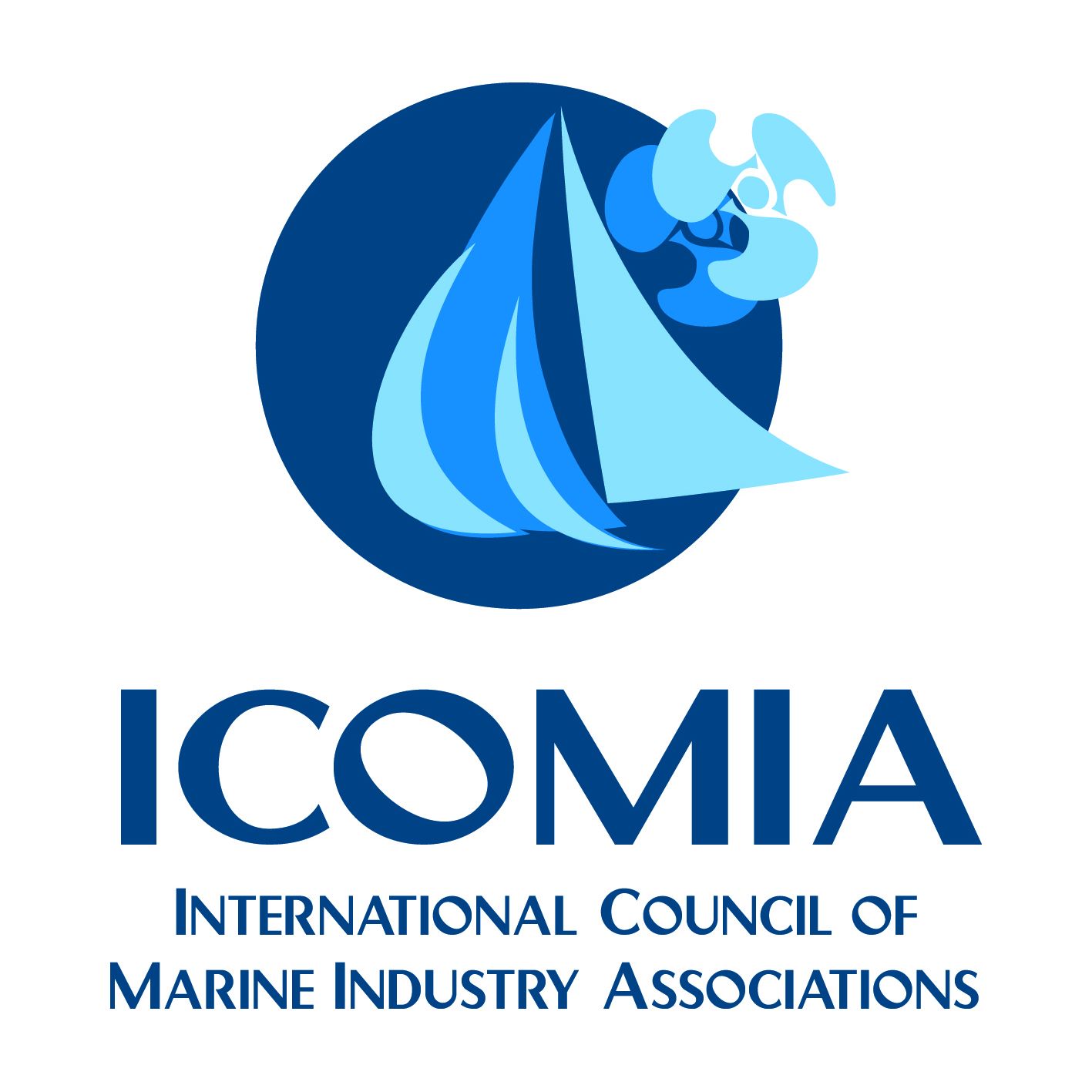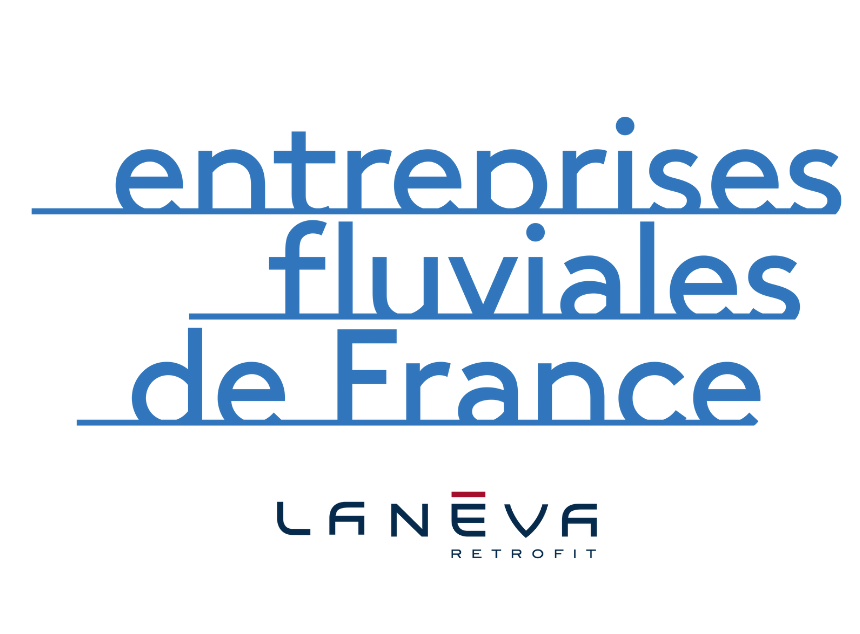The International Council of Marine Industry Associations (ICOMIA) has released new research outlining a portfolio of technologies to further reduce carbon emissions from recreational boats. The research focuses on marine propulsion in boats under 24 meters in length. The report, titled “Pathways to Propulsion Decarbonization for the Recreational Marine Industry,” provides guidance to global governments and boating industry stakeholders.
Key findings and recommendations from the research include:
- Diversity of Solutions: Due to the unique on-water environment for recreational boating and the varied interests of boaters, a variety of solutions must be considered to continue reducing carbon emissions from recreational boats.
- Carbon Emissions from Recreational Boats: Recreational boats account for less than 0.1% of global greenhouse gas (GHG) emissions, specifically 0.7% of transportation carbon dioxide (CO2) emissions in the United States and 0.4% in Europe.
- Technologies Investigated: The research investigated propulsion technologies, including battery electric, hybrid electric, hydrogen, internal combustion engines with sustainable marine fuels, and traditional gasoline or diesel engines.
- Sustainable Liquid Marine Fuels: Sustainable liquid marine fuels, such as renewable drop-in fuels, are identified as a potentially suitable source of energy to decarbonize recreational boats by up to 90% by 2035.
- Hydrogen: Hydrogen is recognized as an emerging technology for reducing carbon emissions from boats, provided its production process is optimized.
- Electric Propulsion: While electric propulsion is part of the strategy to decarbonize, it may not be universally suitable for all types of recreational craft and use cases. The study emphasizes the importance of considering both battery lifetime and recharging cycles.
- Hybrid Boats: Hybrid boats that use both electric and internal combustion engines powered by liquid fuels offer potential emissions reductions, especially for boats used for longer periods and greater distances.
- Cost of Ownership: The impact on the cost of ownership based on propulsion technology is considered, with increases ranging from 5% to 250% expected until alternatives achieve market scale.
ICOMIA calls for a technology-neutral decarbonization approach for marine environments, the development and distribution of sustainable marine fuels, consumer education campaigns, safety standards for marine electric technology, and continued research to evaluate existing and emerging technologies.
The report is part of the “Propelling Our Future” campaign launched by ICOMIA to advance the industry on research-driven technology solutions. For more information and to access the full report, visit propellingourfuture.com.





